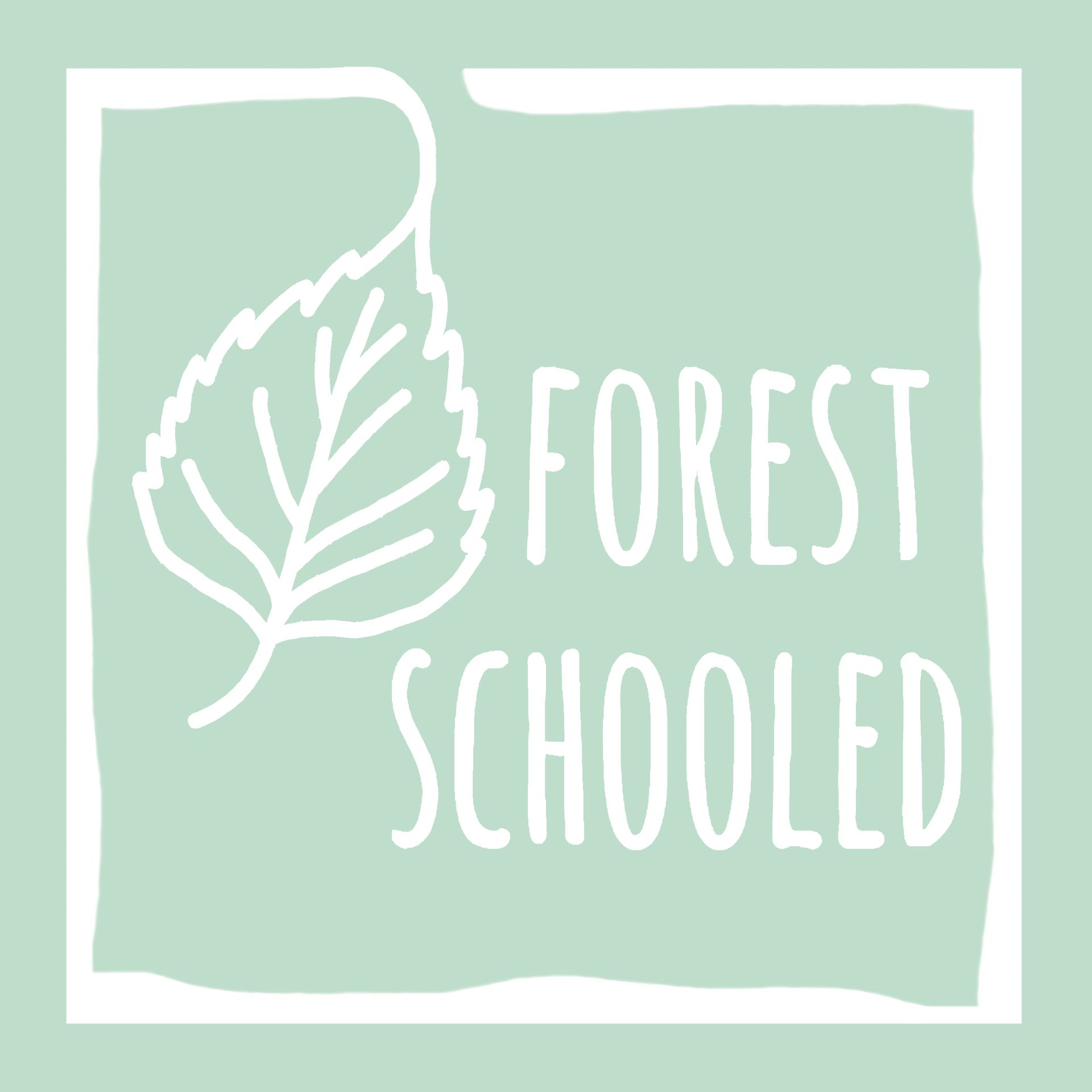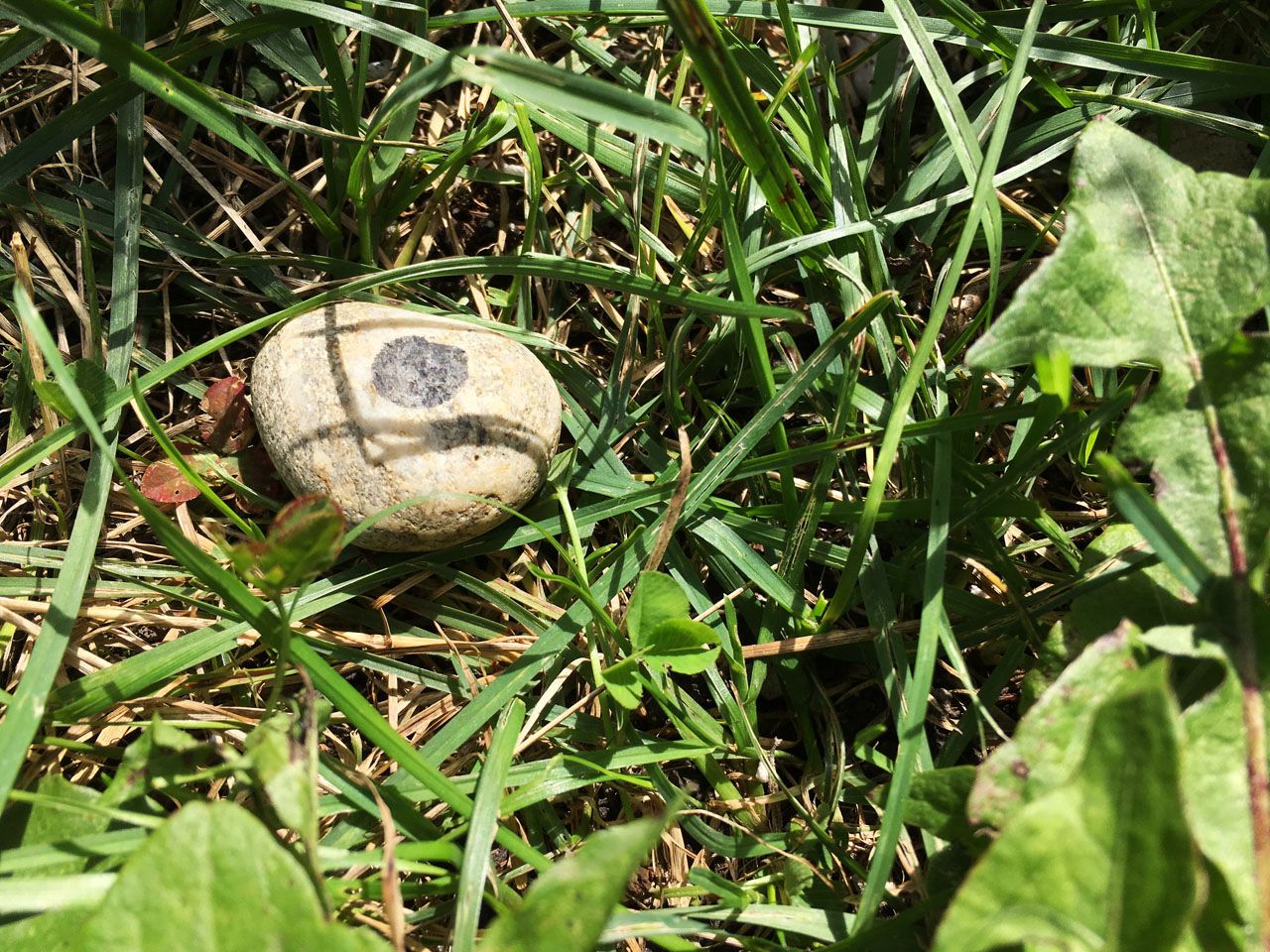
Blog
Stories from my personal journey learning about and delivering Nature-rooted programs across three different countries
What am I going to do to keep myself uncomfortable?
Caylin (Forest Schooled)

Empty space, drag to resize
Years ago I attended a brief workshop at a conference that, in just a short two-hour window, provided me with lessons that have stuck with me till this day. I actually wrote about it in The Quest for Deliberation which was the second blog post I ever wrote for Forest Schooled.
In it I describe a group decision making process:
"The objective of the session was to go on a 'quest' as a group. We needed to stick together, decisions were made with our decision making 'tool' that the leader provided each of us with at the start of the session. It was a stone with a black dot painted on one side. When making a decision, the group would be asked a question and each individual would internally think about their answer and place their stone in their closed hand with either the dot side up (for no) or blank side up (for yes). When everyone was ready, we opened our hands to see the other's answers."

Sometimes almost all would be blank and there would be just one person with a dot showing. And I remember feeling a stirring of tension in the group about what to do, as it could be perceived that this one person was obstructing the desires of the rest of the group. After all, majority wins right? How scary for them to be so vulnerably showcased as the odd one out! But the workshop facilitator asked a question that almost immediately dissipated that tension.
She said something along the lines of, "Ah, I see [person's name] has thought of something we haven’t! Are you willing to share with us what we're missing?"
It was her genuine, heart-felt desire to learn from this person that invited them to share their perspective. And we all made a commitment to truly listen and understand where that person was coming from. Sometimes this perspective would make others question their original decision, and change their mind.
When we would vote again on the same decision, more stones would be turned over with dots.
We cycled through this process, sharing perspectives until all felt heard and a unanimous decision was made. It would sometimes take a long time to make decisions, but the feelings of acceptance and belonging, of being truly heard in this group of people were powerful.
I am reminded of this experience as many of us start, or continue, to ask ourselves more deeply how we can embody anti-racism in our intentions, words, and actions.
For those of us who are white working with diverse communities, and especially when we invite Black, Indigenous, People of Colour (BIPOC) in to our own by trying to diversify our programs, offer scholarship spaces, and more, I think the words of Robin DiAngelo in a podcast with Resmaa Menakem give us warning as to why this is not enough:
"So many Black people have said to me, yes, give me the upfront-in-your-face racist because I know where they're coming from, I know how to protect myself. The white progressive is smiling, but there's a knife in my back." (minute 36:25).
The reality is that when we blunder ahead with our own agendas, however well intentioned, we are ignoring a whole lot of trauma and pain that lies below the surface (or at least, the surface to us).
And it’s also not just as simple as an invitation to the table, meeting, or conversation. Because we often, again however well intentioned, don't provide them decision-making power and disregard their experience, knowledge, advice, and requests anyway. Or they may not feel comfortable sharing or even showing up because it would compromise their psychological and physical safety to do so. As Resmaa Menakem so clearly articulates, we are often not even speaking the same language to begin with.
With this in mind, and before inviting BIPOC into white dominated spaces.... these are just a few of many questions I am asking myself:
- Is what I’m doing actual action, or performance?
- Am I trying to act fast to appear that I’m doing something?
- Who am I doing this for? Does it make me feel better? If it does, then who is it truly helping?
- Am I keeping my “white saviour” response in check?
- Have I worked to build trust and relationships first? Have I considered how I will maintain that trust?
- Am I making an assumption that what I offer in my programs is relevant? Where did I start from? Did I ask what members of diverse communities wanted first before offering something? If I did, did I actually listen?
- Am I noticing and acknowledging my own power? How am I prepared to give it up?
- Am I willing and ready to change my agenda if they truly wanted something other than what I had in mind?
- Do I understand micro aggression? And truly understand it and notice when (not if) I do it so I can address it, apologize, and change? Do I step in when I see others do it, even when they are my family and friends?
- Will others feel represented, in program staff, books, materials offered etc.?
- Will others feel safe? What does safety mean to them? Have I inquired, respectfully? (I say inquired because I know I can seek answers through my own research before asking someone to answer my question for me as this can be an act of emotional labour.)
- How will I know when others may not feel comfortable telling me they don’t feel safe?
- Am I willing, and ready, to receive honest feedback when I mess up? It's likely I already have somewhere in the writing of this blog post. How do I make sure I don't respond defensively, and instead integrate that new knowledge into my life?
I understand I have some serious work to do on myself, and will listen first and foremost even when it makes me uncomfortable. I need to unpack why I may feel those emotions and acknowledge that I am steeped in my own culture's racism.
I need to listen because this is a key part of building trust. Trust enables marginalized voices to feel they can speak up more. And this may be with perspectives that continue to make me uncomfortable. It’s not a one and done thing. It’s a cyclical process that’s messy and hard, forces me to look at and deal with my own personal and cultural traumas, and requires a lifetime commitment to continuous learning and unlearning.
So I've left one question for last, offered by Robin DiAngelo in the aforementioned podcast. Not because it's the final question, but because it's the question that keeps me asking myself more questions every day:
"What am I going to do to keep myself uncomfortable?"
More Posts
WANT TO GET FOREST SCHOOLED TOO?
Subscribe to my email letters, something special from me to you so we can learn together. Each one is filled with heart-felt stories from the forest, resources you may find useful, and things that hopefully bring a smile too.
Thank you!
© by FOREST SCHOOLED
